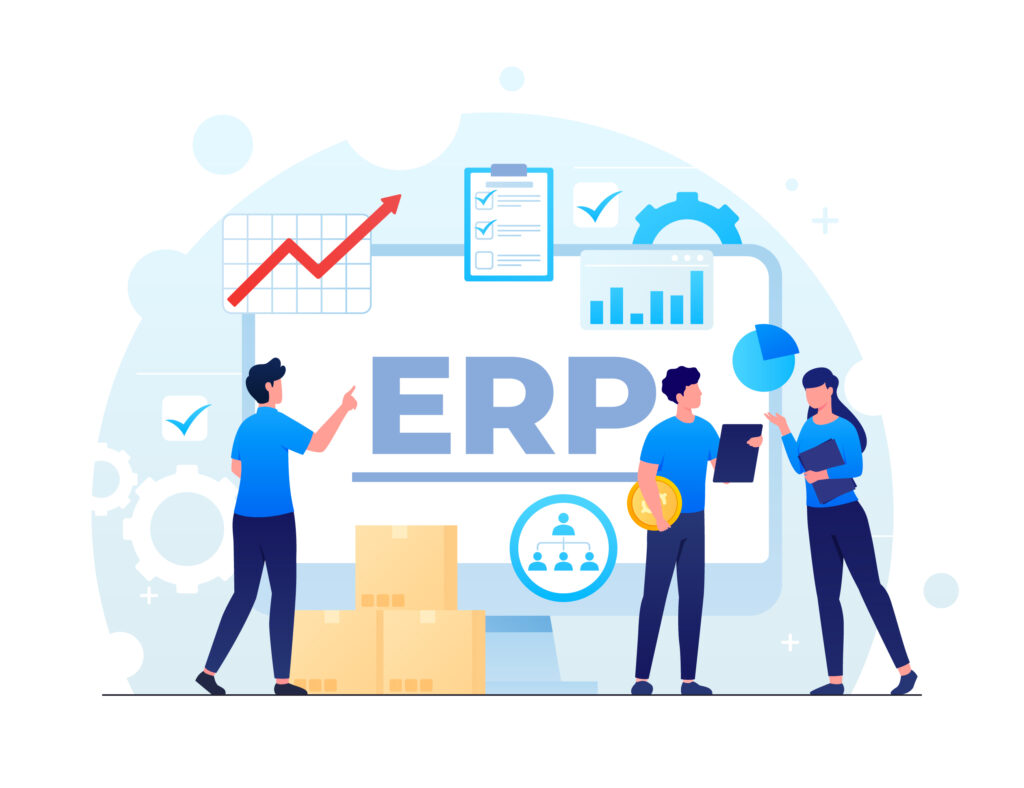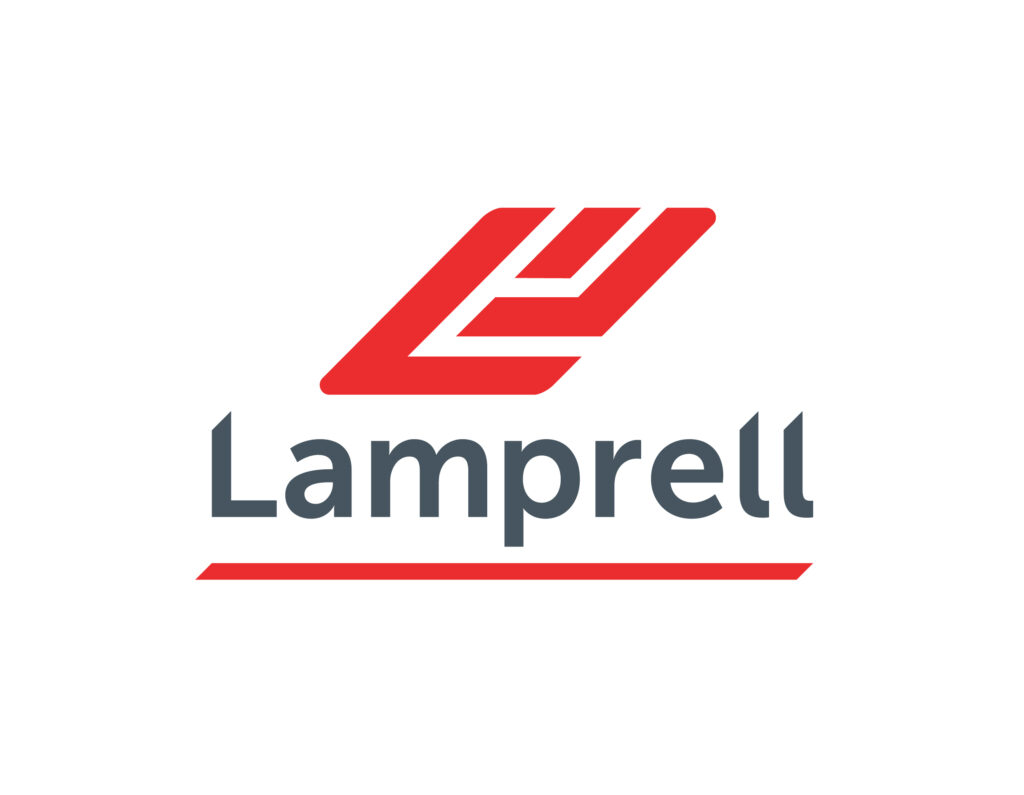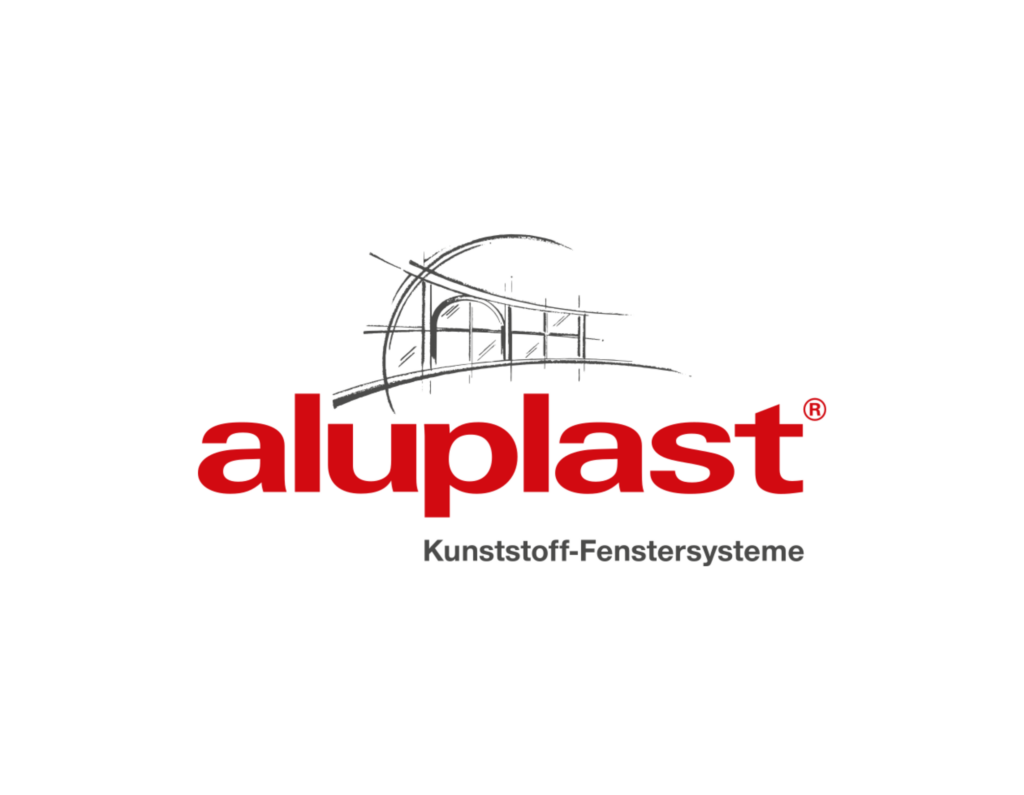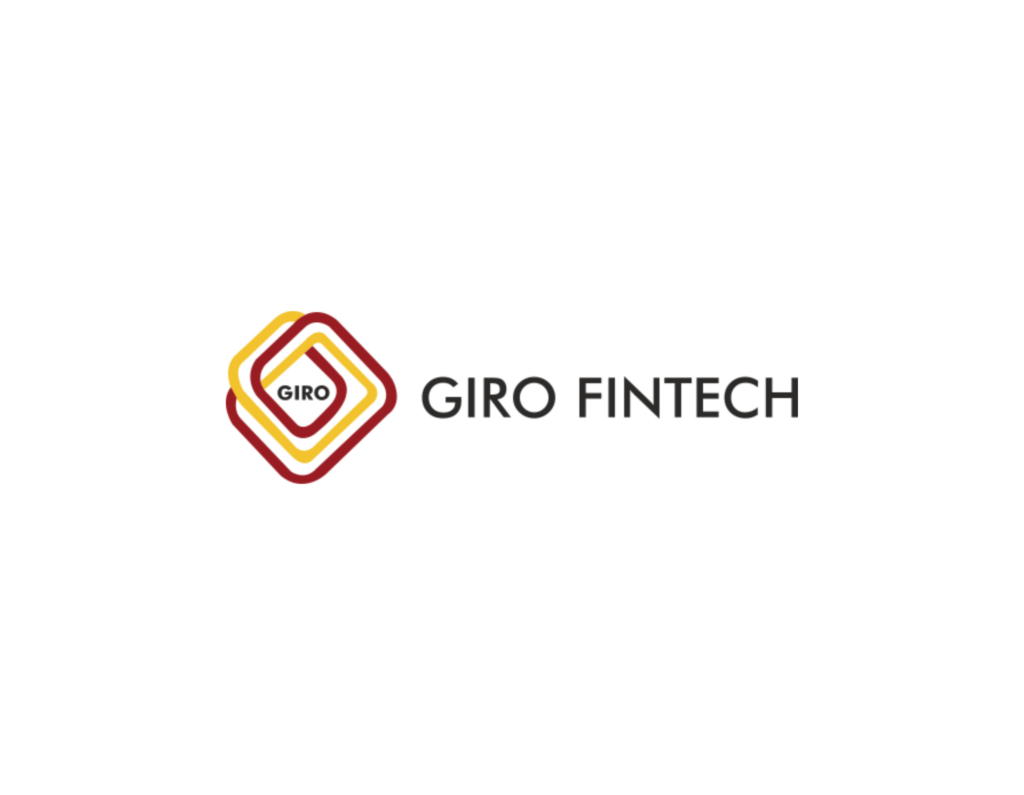Mada Gypsum is a prominent manufacturer and supplier of gypsum-based construction materials in the Middle East. With operations spanning several countries, the company plays a crucial role in providing high-quality products that meet the demands of the growing construction sector. As the company expanded, the need for a more efficient and comprehensive Enterprise Resource Planning (ERP) system became evident, especially to manage operations across different languages and regions.
Guaranteed
Time-To-Market
Saved Annually for Clients
Quality Assuarance
Project Delivery
Challenges Faced
- Language Diversity: With a workforce comprising Saudi nationals, expatriates from various Arab countries, and international experts, Mada Gypsum faced significant communication challenges. The lack of a unified language system led to misunderstandings, delays, and errors in data entry and interpretation.
- System Fragmentation: Different departments were operating on separate software platforms. Finance used an Arabic accounting software, while production relied on an English-based management system. This fragmentation resulted in data silos, making it difficult to get a holistic view of the business.
- Reporting Limitations: The existing systems lacked sophisticated reporting capabilities. Management struggled to obtain timely, accurate reports that could provide insights across different operational areas. This hindrance affected strategic decision-making and responsiveness to market changes.
- Scalability Concerns: As Mada Gypsum expanded its product lines and entered new markets, the legacy systems showed signs of strain. They lacked the flexibility to accommodate new business processes and the growing volume of transactions.
- Inventory Management Issues: With multiple warehouses and a complex supply chain, the company faced challenges in maintaining optimal inventory levels. Stockouts and overstocking were common, affecting both production efficiency and customer satisfaction.
- Compliance Complexities: Operating in multiple countries meant dealing with various regulatory requirements. The existing systems were not equipped to handle the complexities of multi-country tax regulations and reporting standards.
ERP System Implementation with Multi-Language Capabilities
To address these challenges, we implemented a cutting-edge ERP system designed to meet the complex needs of Mada Gypsum’s global operations. Our solution encompassed several critical components:
- Multilingual Interface and Data Management:
- The ERP system was configured to support Arabic, English, and French, covering the primary languages used within the organization.
- A centralized translation management system was implemented, allowing for easy addition and maintenance of language packs.
- Data entry fields were designed to accept input in multiple scripts, with automatic transliteration capabilities where needed.
- Unified Platform for All Business Functions:
- The new ERP integrated all key business processes including finance, human resources, production, inventory management, sales, and customer relationship management.
- A single database architecture ensured data consistency across all modules, eliminating the need for manual data reconciliation between departments.
- Advanced Business Intelligence and Reporting:
- A robust business intelligence module was incorporated, featuring customizable dashboards for different management levels.
- Real-time reporting tools were implemented, allowing for on-the-fly generation of reports in multiple languages.
- Predictive analytics capabilities were introduced to forecast trends in sales, production, and inventory levels.
- Cloud-Based Scalable Architecture:
- The ERP was deployed on a cloud infrastructure, ensuring high availability and scalability.
- Microservices architecture was adopted, allowing for easy addition of new features and modules as the business grows.
- Load balancing and auto-scaling features were implemented to handle peak processing times efficiently.
- Comprehensive Inventory and Supply Chain Management:
- An advanced warehouse management system was integrated, providing real-time visibility into inventory levels across all locations.
- Automated reorder point calculations were implemented, optimizing stock levels based on historical data and forecasted demand.
- A supplier portal was developed, streamlining the procurement process and enhancing supplier collaboration.
- Multi-Country Compliance Framework:
- A flexible tax engine was incorporated, capable of handling the tax regulations of multiple countries.
- Configurable reporting templates were created to meet the diverse financial reporting standards of different regions.
- An audit trail system was implemented to ensure transparency and facilitate easier regulatory compliance checks.
- Mobile Accessibility:
- A mobile application was developed, providing secure access to key ERP functions for employees on the move.
- The app included features like expense reporting, approval workflows, and real-time access to sales and inventory data.

The Results
- The new system streamlined processes, reducing delays and inaccuracies, which led to faster and more efficient operations across all departments.
- The introduction of multi-language support facilitated better communication and coordination among teams in different countries, breaking down language barriers that previously hindered operations.
- With real-time access to integrated data, Mada Gypsum’s management could make faster, more informed decisions, driving better business outcomes.
- By integrating all departments into a single platform, the ERP system effectively eliminated data silos, fostering a more collaborative and cohesive working environment.
- he user-friendly interface and improved data integration allowed employees to focus on their core tasks without being bogged down by system inefficiencies, leading to higher overall productivity.
- The system’s robust architecture and multi-language capabilities positioned Mada Gypsum to scale its operations effectively in new markets, supporting future expansion plans.




